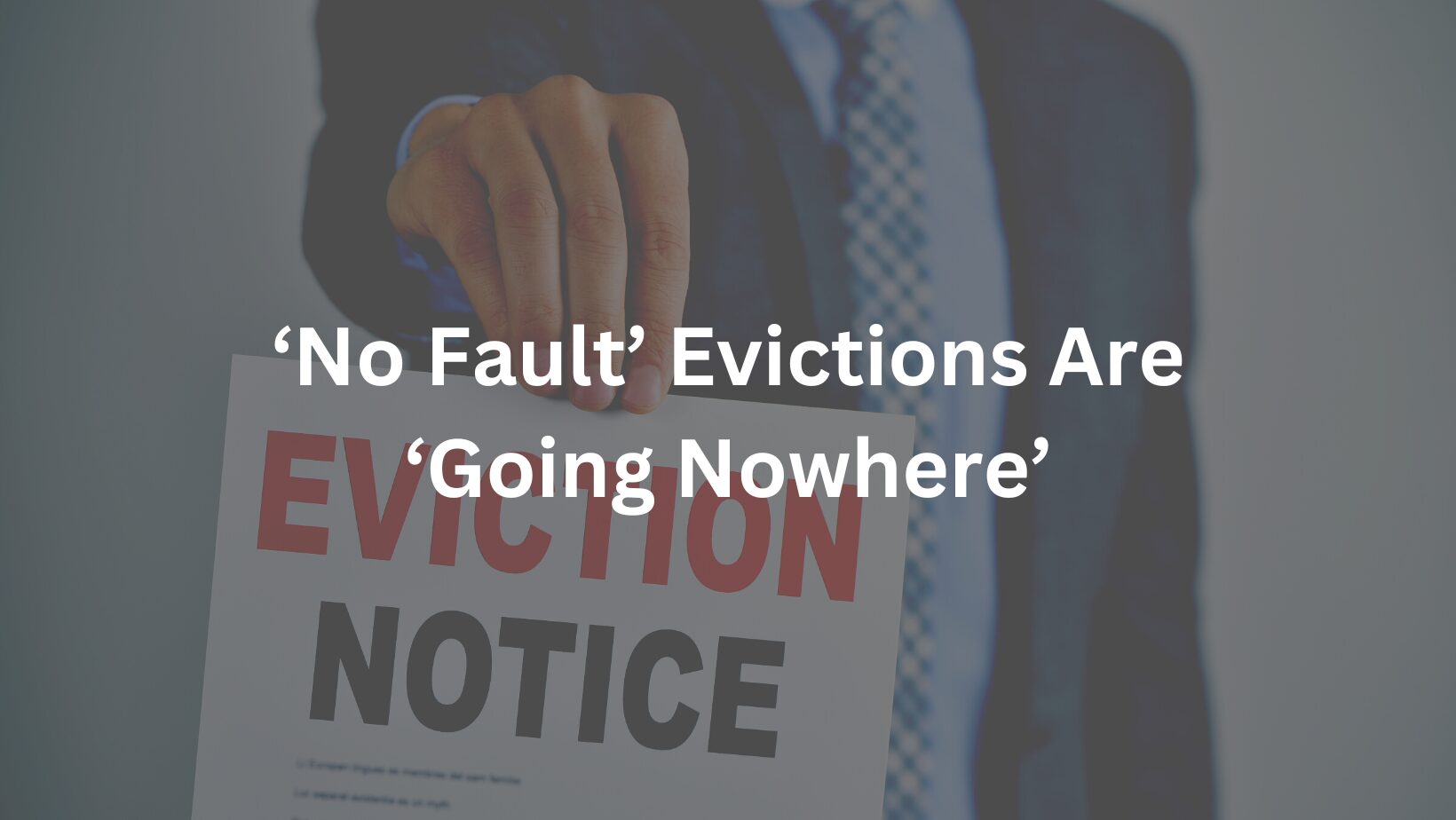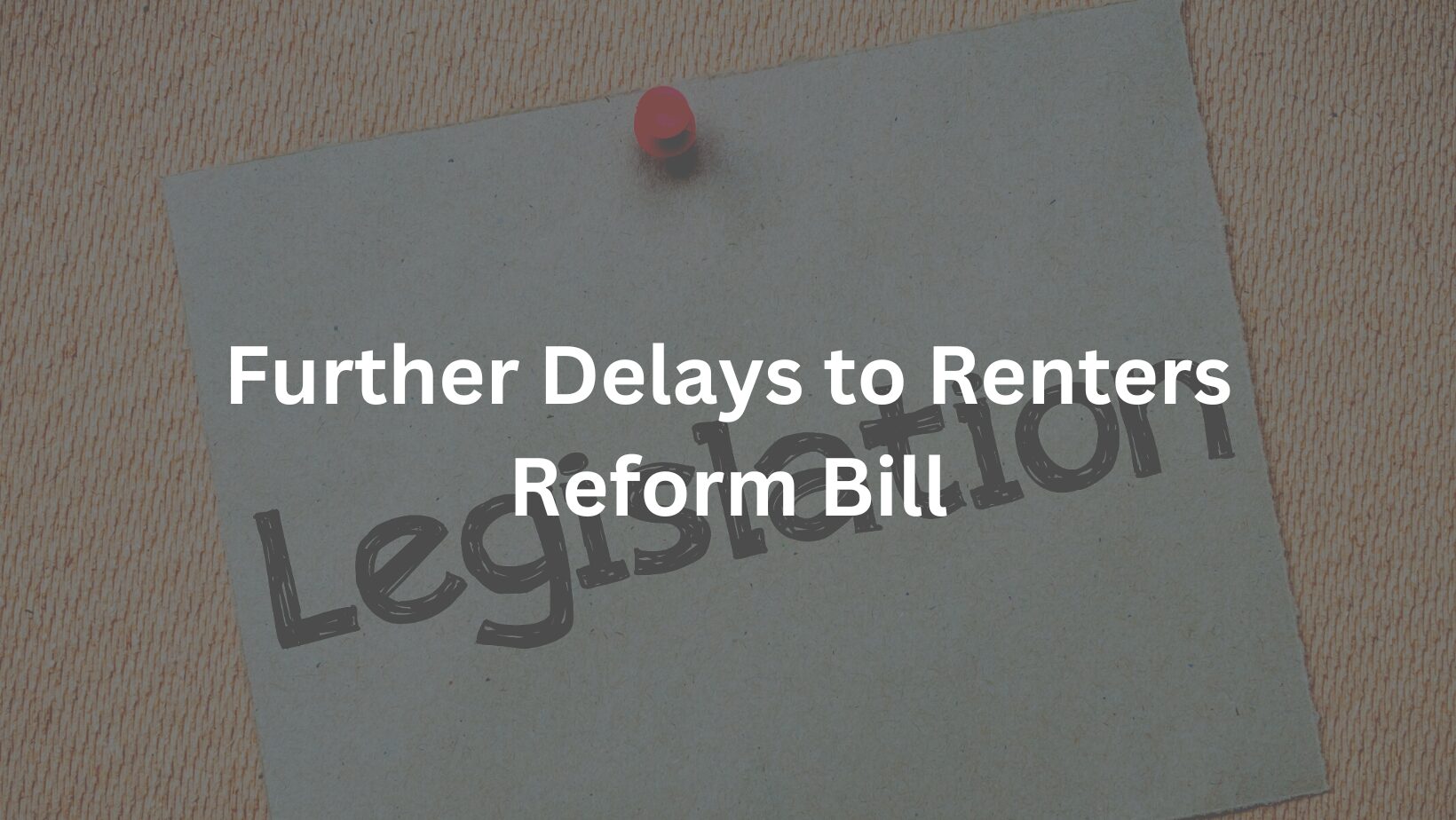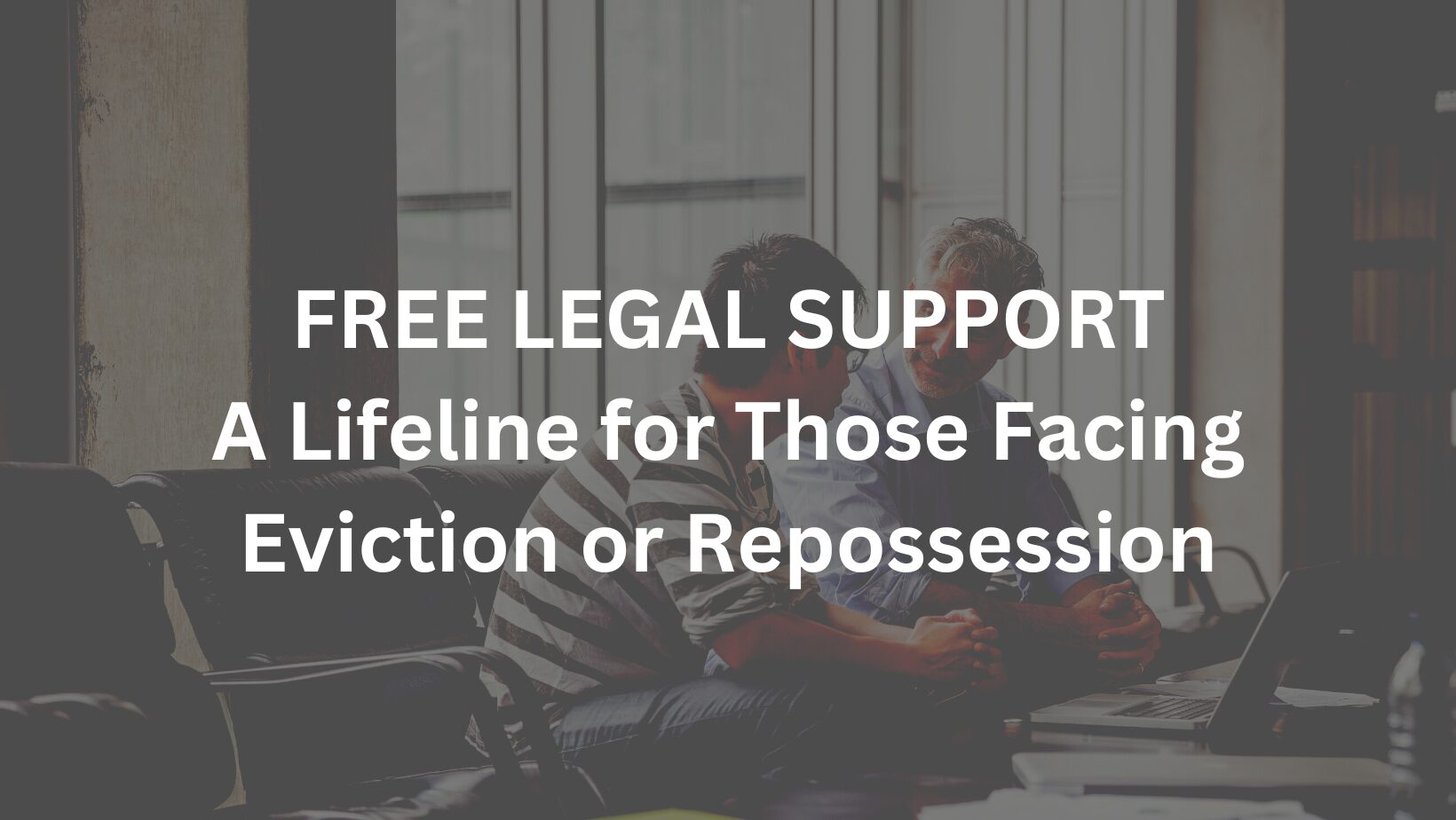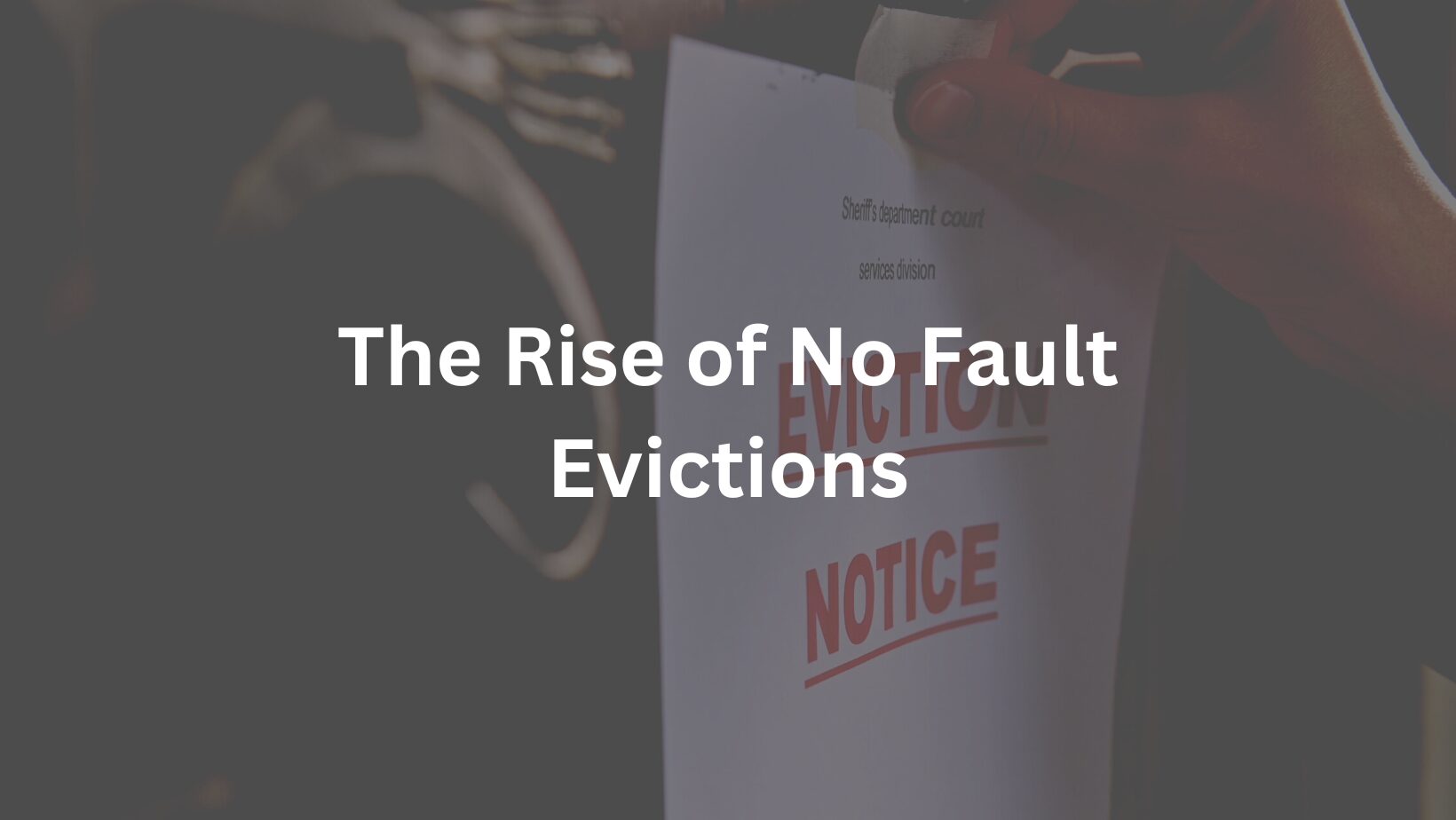The government has announced that the proposed ban on Section 21, or ‘No Fault’ evictions in England, is to be indefinitely delayed, causing stress and concern for millions of renters.
In response, Labour has said that the government has purposefully delayed the plans, meaning that what should have taken months, will now take years, placing more people into vulnerability and at risk of being evicted, through no fault of their own.
For background, Ministers have been promising to end Section 21 Evictions since 2019, but Housing Secretary Michael Gove claims that it is ‘vital’ to update the courts first. At Court Enforcement Specialists, we’re not sure that tenants would agree, but also understand that this news might offer some hope for landlords who have been worried about how they should go about repossessing their properties.
The so-called Renters Reform Bill, that featured in the Conservative Party’s 2019 election manifesto, was debated in the Commons for the first time in October, 4 years after conception. The proposed law, which will ban ‘No Fault’ Section 21 evictions, was only published in May, and so it is easy to see how such a long process can cause concern on both sides of the renting spectrum.
In response to Michael Gove’s reasons for the delay, Labour's Shadow Housing Secretary, Angela Rayner, argued that this is evidence of the government betraying renters with what she calls ‘grubby deal’.
As it stands, Section 21 Evictions allow landlords to evict tenants (who are not on fixed-term contracts) without giving a reason. Upon receiving a Section 21 notice, tenants then two months before their landlord can apply for a court order to evict them.
The Renters Reform would see all tenancies become ‘rolling’ contracts, and so protected from eviction without fault, except in certain circumstances, such as a landlord wishing to sell the property or move in, but even then, the notice would be 6 months instead of 2.
The real benefits for landlords are found with the fact that the reform would make it easier for them to repossess their properties in cases of anti-social behaviour or where the tenant has built up unmanageable arrears.
All of that is irrelevant for now though, as the government has confirmed that Section 21 evictions are going nowhere, until changes have been implemented in the courts system.
The Renters Reform Coalition have been pushing for a ban, and claim that the delay is all part of a desperate last ditch attempt to appease certain members of the Conservative Party.
"The idea that some ill-defined 'court reform' must happen before section 21 no-fault evictions can end is absurd," said campaign manager Tom Darling. "The government promised to end no-fault evictions in 2019 - what have they been doing with the courts since then?"
Whatever the reform means for both landlords and tenants, it’s up in the air until the changes to the courts system, such as moving more processes online, come into place. The worrying thing for tenants facing eviction, is that there is no timescale on any of this.









